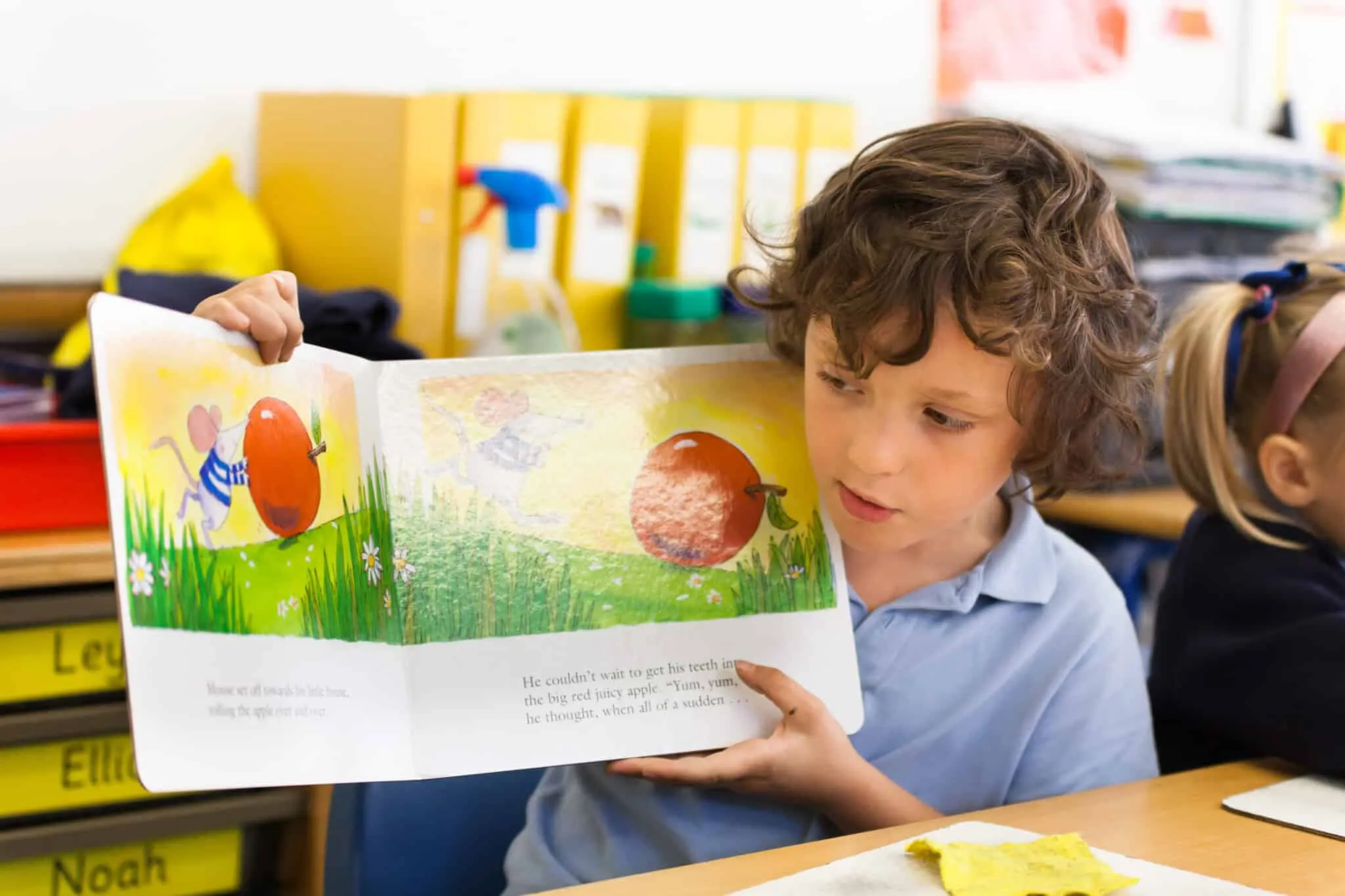February 7, 2017
Since introducing Renaissance Accelerated Reader just over a year ago, Hummersea Primary School in the North East, has been on an exciting journey with developing a reading for pleasure culture and supporting children in their reading development – so much so that they were recently nominated as a Master School. Laurie-Ann Spencer, currently on maternity leave, spearheaded the roll out of Accelerated Reader and was so proud of the school achieving Master status, she wanted to share her personal highlights on making the move from ‘Apprentice’ to ‘Master’…
We started in September 2015, which means we’re now in our second year with using Accelerated Reader. Last year we got the fundamentals in place by getting the library up and running and doing Star testing with Years 3, 4, 5 & 6. This year we have introduced this in to KS1 and as soon as the children are ready to read independently we start introducing AR to them. After attending a Primary User Group, it became apparent that we’ve achieved Master status in a short space of time and a lot of other teachers asked me to share our ‘secrets’ to success, so here are what I believe to be the winning highlights for us.
No rushing for rewards
I think the real beauty of AR for us is that it created a competitiveness but in a really supportive way. The main way we reward for AR is in our celebration assembly on a Friday and we’ve made it clear to the children that it’s not about rushing through a book – it’s about understanding. And only through understanding will they achieve a high percentage score. So each week we reward a class in assembly based on ‘highest percentage’ collectively rather than individuals for the ‘most words read’. This really gets the children working together.
Love your library
We were lucky in that we already had enough books to get started with Accelerated Reader as a programme – we just had to get them into a logical order. For us this meant keeping KS1 books separate to the KS2 books and where to keep the books which do not have quizzes (which we decided to keep as reading for pleasure and categorised to match the curriculum). So we have essentially three areas in our school where you can go for books, but I think it works really well to have the AR ones separate, because it means the children can take ownership of choosing their books.
Parental potential
As part of the initial roll out we needed the children to become familiar with going to the library and picking their own books, but we also needed parents to understand the new system (life after levels has meant a lot of change). To assist with the transition, we invited parents in for an afternoon and ran and AR session like ‘Who Wants to be a Millionaire’.
We all read the Gruffalo together in my class, and other classes did other ones then I put the quiz on the board and we all did it as a big group. While everyone had great fun, more importantly it involved the parents and helped them to understand the system and how best to support their children. When children are going home and saying ‘I’ve got 100%’ or ‘I’ve got 60%’ – the parents need to understand what it means.
For some ideas on how to lead a whole class reading session using Accelerated Reader, watch this video of Margaret Allen from Renaissance.
Digging into data
Our priority was to get Accelerated Reader up and running first – with the data and analysis coming second. Obviously we did the Star tests initially to obtain the ZPD scores, but after just a few weeks we started to use the data from Accelerated Reader to help guide what we were doing with reading generally. As a small school, myself and the head took the lead as ‘designated data crunchers’. The head is brilliant, mid-week he will print off some of the reports and says what each class has got percentage wise. He also has a quick look down at any red flags that come up on the reports and if a child hasn’t quizzed for a week or 2 weeks either myself or the head teacher will say to that child ‘oh you haven’t quizzed for a week, why’s that?’ again not in a why haven’t you done it, it’s about what’s the reason, it could be that some of them are on to reading longer books, especially in upper KS2.
There are so many other ideas and tips I would love to share with you, but I’m aware this is a blog and not War and Peace! I’d be happy to talk to anyone who is thinking of adopting Accelerated Reader – or indeed anyone who feels they could be doing more with the system – we are more than happy to share the secrets of our success.
